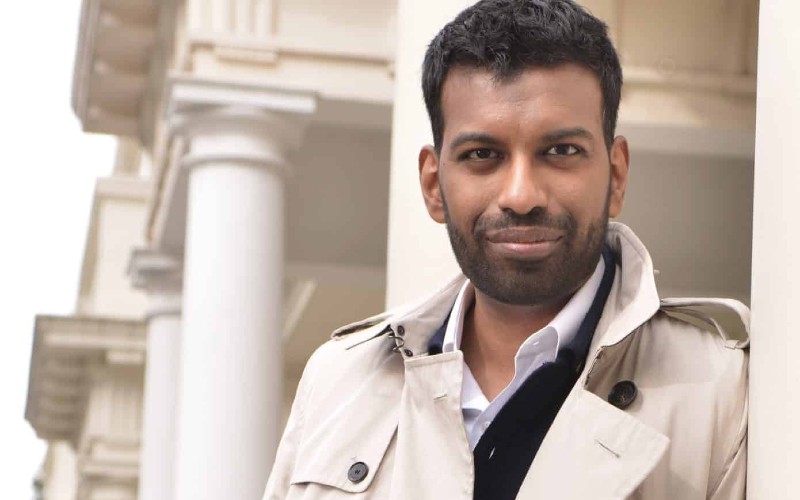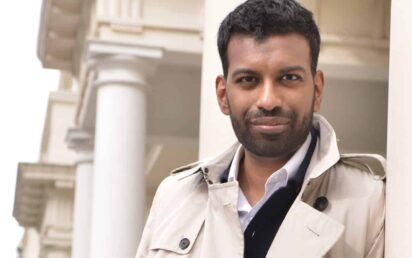No-code software testing platform Virtuoso has landed £9.7 million in funding.
The AI-powered SaaS platform, which launched in 2019, uses machine learning and robotic process automation to make testing simpler and faster.
It says QA teams can identify bugs and errors in a fraction of the time taken by existing solutions, cutting down testing time by up to 10x and decreasing QA costs by 80–90%.
The Series A round was led by Paladin Capital and joined by Mubadala Capital and existing investors Crane Venture Partners, Forward Partners and Downing Ventures.
Adil Mohammed, founder and CEO of Virtuoso, recognised the opportunity in the market, himself frustrated by the challenges associated with the testing process.
“The way software testing is currently being done is not fit for purpose,” he said. “When done inefficiently, the QA and testing process can be a big barrier to growth. We want to change that.”
The London business’s long-term goal is to create fully autonomous testing with little to no human interaction. The first step, its current codeless ‘intelligent automation’ QA platform, replicates the actions of a person when testing applications.
It enables non-coders and coders alike to write automated tests in plain English using an advanced NLP and Capture engine, allowing teams to properly ‘shift-left’ and author fully functioning tests even before a single line of code is written.
In turn, it says this drastically reduces the time taken by the entire testing process and allows companies to release better software faster.
“This is just the tip of the iceberg,” Mohammed added. “Be it visual regression or API testing, we are pushing the boundaries of what is expected from a test automation platform. Partnering with Paladin and Mubadala Capital means we can take our product to software and testing teams in new markets and we’re excited to see its impact.”
Virtuoso plans to use its investment to expand its sales team, increase market share in the USA, and develop its product to become the world’s first autonomous testing platform.


